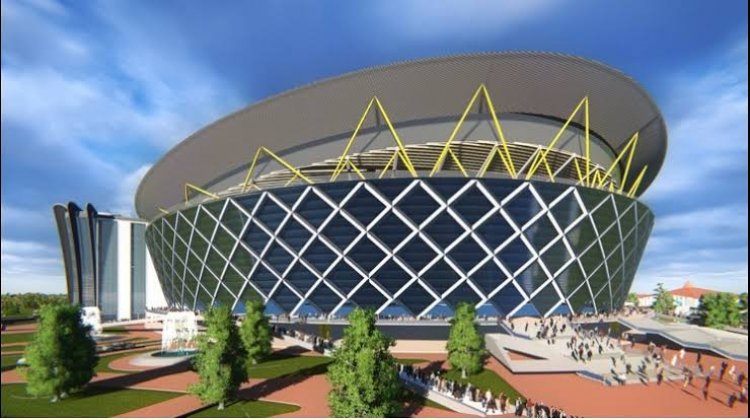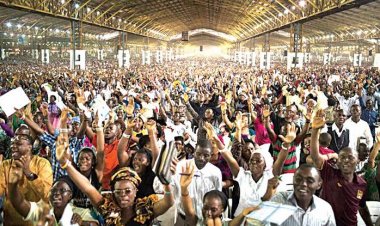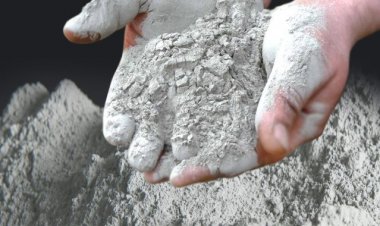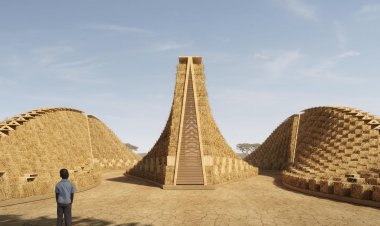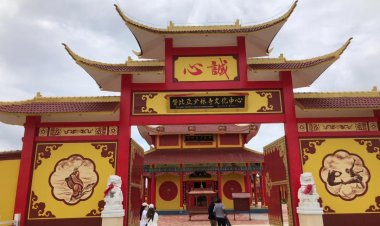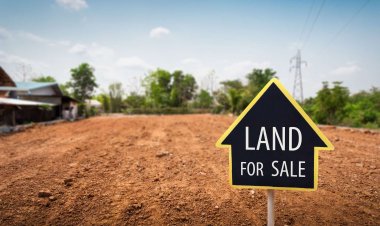Religious Organisations and Residential Estates Development in Nigeria
The issue of housing has become yet another contemporary subject springing up in Nigeria and generally across the world. This could be attributed to inadequate resources for building constructions as well as other essentials to stimulate a good housing system capable of solving daily human problems of settlement both in local and regional communities.
Poor residence can also be attributed to the impaired housing mechanisms, bad systems of land allocation, poor or total lack of funding, activities of mortgage institutions and other facilitators, inadequate social amenities, unsatisfactory environmental conditions and absence of open space in the desired locations.
Housing
Housing is essential to the existence of men, even for students in tertiary institutions, lodgings are considered and designed to condense or eradicate barriers in the learning environments and to ensure students are well positioned and fit to approach studies with maximum energy.
There have been cases of students performing far below expectations in their academic pursuits. This is not because they don’t have the idea or the proficiency to perform the tasks but a bad state of housing contributed immensely to the poor academic and intellectual performance.
A good building perpetually facilitates good motivation and sometimes positively instigates people. It naturally makes them feel pleased in their learning environments and if this amenity is missing, it can affect physical health, security and the needed privacy.
Poverty Levels
Poverty is a major issue skyrocketing the lack of adequate and decent housing in Nigeria. Nigeria is a country with massive wealth and a huge population to support commerce, a well-developed economy, with plenty of natural resources such as crude oil and natural gas, yet the level of poverty remains unfit.
Nationally, 40 percent of Nigerians (83 million people live below the poverty line, while another 25 percent (53 million) are vulnerable. Nevertheless, studies showed that poor living conditions negatively affect physical and mental health.
Besides, inadequate or unsanitary living conditions also contribute to the spread of infections, which adds to health care costs, preventing individuals from working, and threatens the well-being of neighborhood communities, therefore, the need for people regardless of their financial status, position and power, or affluence, to have decent housing has become one of the basic necessities for survival.
Just like food and clothing, housing is a fundamental need and this often serves as one of the best pointers to rating a person’s worth in society.
Churches
Nigeria has the highest number of churches per 30-foot distance. But, out of these lot, a few churches have been able to stand out in various spheres. They put forth capacities, influences, draw international and local attention and have the enormous jaw-dropping troop of worshippers across Nigeria and Africa.
The names of these churches are in many households or at least will ring a bell to even those who have the reeking resentment for religion and the likes.
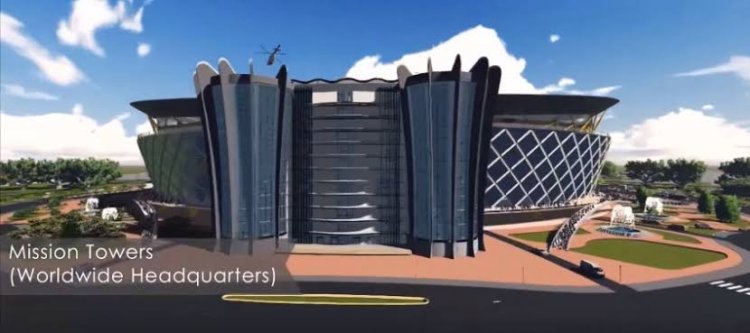
This list of churches in Nigeria is ranked by some parameters like membership populace, local and international influences, the number of branches in Nigeria and overseas, popularity, the prestige of the originators of general overseers among others.
Consequent to this, the religious organizations in their way of dealing with the housing problems in Nigeria stepped up and have continuously raised the bar in providing lasting solutions to the housing crisis.
Church Residences
Religious organizations acquire lands and share among members and sometimes give them for free. Prominent among them is the Redeemed Christian Church of God. The Redemption Camp which is the headquarters of the church acquired a vast expanse of land for religious activities and has residential estates where people now live.
The RCCG Redemption Camp being a ground for religious activities has interestingly set aside large portions of this land for residential purposes and strictly for members of the church. There, you have residential areas, guest houses, mission houses, and the likes creating countless estates from which revenues are being generated.
The RCCG International Guest Suites is another titillation of reference. This is depicted as a perfect assortment of uncompromising hospitality and amenities including comprehensive business facilities to cater for the needs of discerning business clients with highlights of the building being 565 rooms including 34 executive suites, 371 chalets, and 160 bedroom, Non-Smoking Rooms, Wifi Access in all executive and white door suites, bedrooms with a view of the city, Centralized air - conditioning, Refrigerator, Plasma TV with satellite channels.
Another from RCCG is House Of Praise –Chalets, located at the heart of the Redemption Camp of the Redeemed Christian Church of God (besides the auditorium) off Kilometer 46 Lagos-Ibadan Express Way.
House of Praise Chalets offers maximum comfort for worshipers and visitors to the Camp with great room rates.
Shiloh Apartments is another which is located at the Redemption City, Km 46 Lagos - Ibadan expressway. It is about 5-10 minutes walk from the main gate of the great city (Redemption Camp). It is ideally situated in the heart of the Redemption Camp.
Winners chapel Camp House is more like a Guest House located in Living Faith Church Headquarters, Ota, a.k.a Canaanland. The camp consists of two parts. Camp House A and Camp House B. Camp House A consists of ensuite rooms with small television sets. The members of the church are frequent customers of the camp house.
The interest of churches in the estate economy has helped in meeting the needs of the people during annual services or large special conferences when people would have to stay over before returning to their various destinations.
People with disabilities have also benefited from this expansion because most people naturally don’t and possibly won't care about their survival but churches so far have been supporting people with infirmities, accommodating them, and to some extent helping to deal with the basic challenges holding them down.
Churches no doubt have done and are doing their best in solving this problem but there is a need for every individual to rise to the standard and invest in real estate. What those buildings on the religious grounds will be used for or how they will be managed remains to be known in the years to come.

 Roland bayode
Roland bayode 